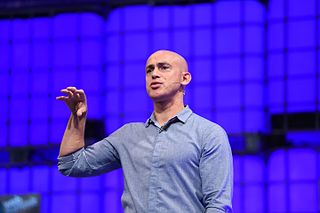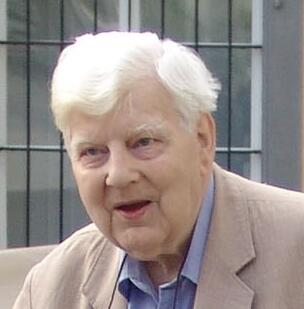A Quote by Pema Chodron
Meditation isn't really about getting rid of thoughts, it's about changing the pattern of grasping on to things, which in our everyday experience is our thoughts.
Quote Topics
Related Quotes
Psychologists tell us we think 50,000 thoughts a day...between 1,000
and 5,000 thoughts in a single hour. Many of those thoughts are about
ourselves and about our performance, about our lovability, our capability
and our significance. So the key is to control those thoughts, making
certain they're always positive.
Meditation is not a matter of trying to stop thinking or make your mind go blank but rather to realize when your attention is wandering and to simply let go of the thoughts and begin again. It is a way of changing our relationship to our thoughts, so we're not so consumed by them, with no sense of space. Having a newly spacious relationship to our thoughts brings both peace and freedom.
First Thoughts are the everyday thoughts. Everyone has those. Second Thoughts are the thoughts you think about the way you think. People who enjoy thinking have those. Third Thoughts are thoughts that watch the world and think all by themselves. They’re rare, and often troublesome. Listening to them is part of witchcraft.
We need to transcend our thoughts and desires to truly understand philosophy and the universe as a whole. However, in our everyday life, we deal with the micro universe and with our own affairs. Therefore we need to use our brain. To practice Tao is not to rid yourself of all thoughts. There are actually more occasions when you would use your true intention instead of non-desire.
Philosophy attempts, not to discover new truths about the world, but to gain a clear view of what we already know and believe about it. That depends upon attaining a more explicit grasp of the structure of our thoughts; and that in turn on discovering how to give a systematic account of the working of language, the medium in which we express our thoughts.





































